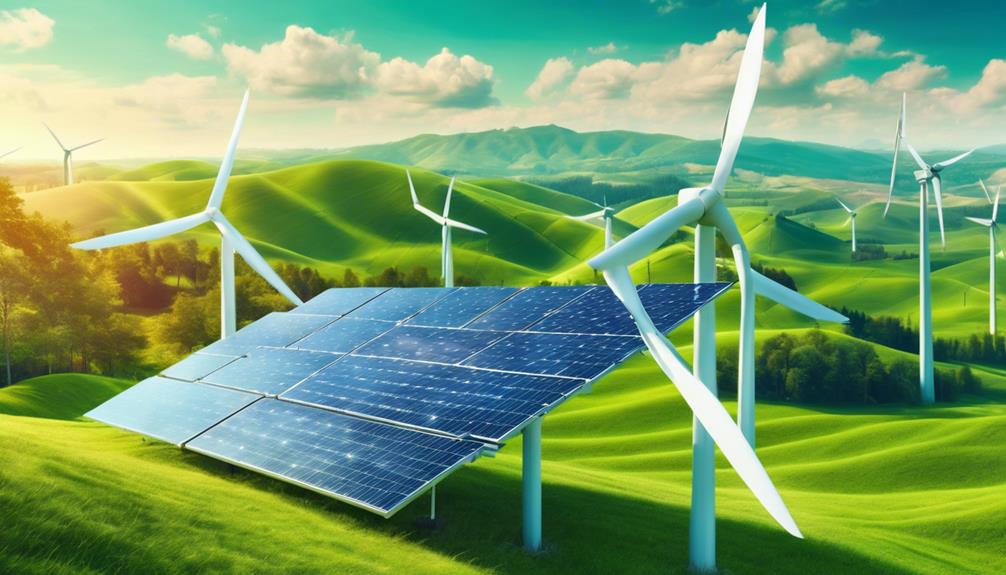
In recent years, the surge in awareness regarding renewable energy sources has led many homeowners and businesses to explore off grid solar panels as a viable alternative to traditional power systems. This comprehensive guide delves into the benefits, components, and considerations of off grid solar panels, empowering you to make informed decisions about your energy needs.
Understanding Off Grid Solar Panels
Off grid solar panels are designed to operate independently from the electrical grid, providing a self-sufficient energy solution for homes and businesses. These systems harness sunlight to generate electricity, which is particularly beneficial in remote locations where grid access is limited or non-existent. Unlike grid-tied systems, off grid solar panels store energy in batteries for use during nighttime or cloudy days, ensuring a continuous power supply. This independence from the grid not only enhances energy security but also contributes to a more sustainable lifestyle.
The Benefits of Off Grid Solar Panels
There are numerous advantages to installing off grid solar panels. First and foremost, they provide energy independence, allowing users to generate their own electricity and reduce reliance on fossil fuels. This transition not only lowers utility bills but also mitigates the carbon footprint associated with traditional energy sources. Additionally, off grid systems can be tailored to meet specific energy needs, making them ideal for remote cabins, tiny homes, and rural properties. Furthermore, with advancements in solar technology, the efficiency and affordability of off grid solar panels have significantly improved, making them more accessible to a broader audience.
Key Components of Off Grid Solar Panel Systems
To understand how off grid solar panels work, it’s essential to familiarize yourself with their key components. The primary elements include solar panels, a charge controller, batteries, and an inverter. Solar panels capture sunlight and convert it into direct current (DC) electricity. The charge controller regulates the flow of electricity to the batteries, preventing overcharging and ensuring optimal performance. Batteries store excess energy for later use, providing power during non-sunny periods. Finally, the inverter converts the stored DC electricity into alternating current (AC), which is compatible with most household appliances. Together, these components create a robust and reliable off grid solar system.
Choosing the Right Off Grid Solar Panel System
Selecting the appropriate off grid solar panel system requires careful consideration of various factors. First, assess your energy needs by determining your average daily consumption. This information will help you calculate the size of the solar array and the battery storage capacity required. Additionally, consider the available space for installation and the geographic location, as sunlight availability can significantly impact system efficiency. It’s also wise to research different solar panel brands and technologies to find a solution that meets your requirements. Consulting with a professional installer can provide valuable insights and recommendations tailored to your specific situation.
Installation Process for Off Grid Solar Panels
The installation of off grid solar panels can be a complex process, but understanding the steps involved can ease the transition. Begin by selecting a suitable location for the solar panels, ensuring it receives maximum sunlight exposure throughout the day. Next, install the mounting system securely to support the solar panels. Once the panels are in place, connect them to the charge controller and batteries, ensuring all wiring is done according to safety standards. Finally, install the inverter and connect it to your appliances. If you’re not comfortable with electrical work, hiring a qualified professional is highly recommended to ensure a safe and efficient installation.
Maintenance Tips for Off Grid Solar Panel Systems
To ensure optimal performance and longevity of your off grid solar panel system, regular maintenance is essential. Start by keeping the solar panels clean and free from debris, as dirt and grime can significantly reduce their efficiency. Inspect the wiring and connections periodically for any signs of wear or damage. It’s also crucial to monitor the battery health, checking for proper charge levels and signs of corrosion. Many off grid systems come with monitoring tools that allow you to track performance and energy usage, providing valuable insights into system efficiency. By investing time in maintenance, you can maximize the lifespan and effectiveness of your solar energy solution.
The Financial Aspect of Off Grid Solar Panels
Investing in off grid solar panels can seem daunting due to the initial costs involved. However, it’s important to consider the long-term financial benefits. While the upfront investment may be significant, savings on electricity bills can accumulate rapidly, often leading to a return on investment within a few years. Additionally, many governments offer incentives, rebates, and tax credits for renewable energy installations, further reducing overall costs. Financing options are also available, making it easier to adopt solar technology without bearing the full financial burden upfront. Evaluating these financial aspects can help you understand the true value of transitioning to off grid solar panels.
The Future of Off Grid Solar Panels
As technology continues to advance, the future of off grid solar panels looks promising. Innovations in solar panel efficiency, battery storage solutions, and smart energy management systems are making these installations more effective and user-friendly. Furthermore, the growing emphasis on sustainability and energy independence is driving demand for off grid solutions. With the potential for reduced costs and increased accessibility, off grid solar panels are poised to become an integral part of the renewable energy landscape, empowering individuals and communities to take control of their energy futures.
In conclusion, off grid solar panels offer a compelling solution for those seeking energy independence and sustainability. With the right knowledge and resources, you can harness the power of the sun to meet your energy needs while contributing to a cleaner environment. Whether you’re looking to power a remote cabin or reduce your reliance on traditional energy sources, off grid solar panels provide a versatile and effective option for achieving your energy goals.





